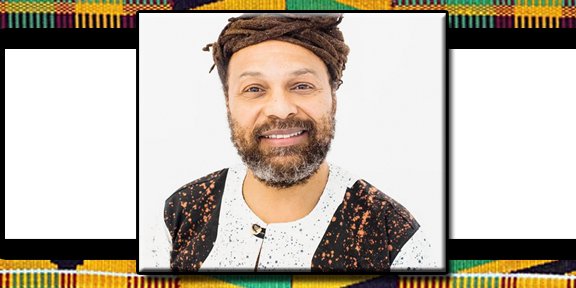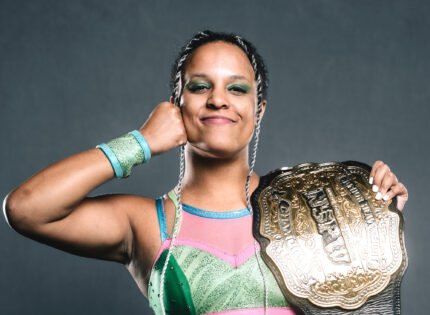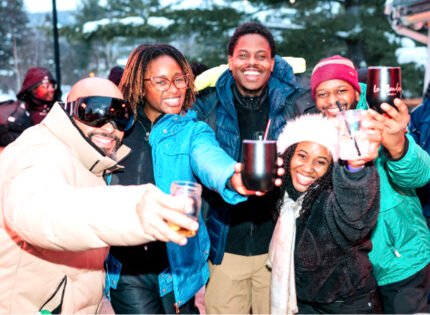Is it still relevant? President of the Round Table says “Yes”
Egbert Gaye
On February 1, the gathering will be at City Hall to mark the launch of Black History Month 2018.
It’s a ritual gathering.
They do it every year: a handful of municipal politicians, maybe one or two from the provincial government and an assorted collection of so-called partners, including the brass from the Montreal-police-department-types sitting with adherents from the Black community, to usher in 28 days of celebrating the Black presence in Quebec.
The event doesn’t last long, about an hour or so. It usually includes a speech from Michael Farkas, president of the Round Table For Black History Month, a word or two from the individuals chosen to be spokespersons for the year and from the coordinator who will attempt to chart this year’s celebration and its accompanying activities. Also, the mayor might say a little something if she chooses to be there as will the police chief.
Then following the formalities, guests will mull around the hall, chit chatting… and enjoying the dipsy variety of cheeses, finger-foods and wine whisked around by servers dressed in formal attire.
As events go, it’s not a particularly bad way to spend an hour or two. Except for those who have been there over the past couple of years and are noticing ‘that thing is beginning to wane.’
It’s easier now to see the absence of key figures in the Black community, especially some from the English-speaking sector at the event, and it seems that many of the words spoken by politicians are sounding increasingly hollow.
And when it’s all done it appears as if it was the closure of Black History Month, not the launch, because what used to be a full slate of commemorative activities exploring elements of Black history in schools and other institutions across Montreal have all but disappeared or replaced by events that display our penchant for leisure and entertainment.
And it begs the question: where goes the celebration of Black History Month in Montreal. Is it still relevant?
“More so now than ever,” says Farkas, who has been serving as head of the organizing committee for the past 10 years or so.
He admits to seeing a drop in the number of schools and institutions hosting BHM events and activities, but attributes that to a societal shift towards acknowledging diversity in a broader sense.
Farkas also acknowledges that the celebration of BHM is also affected by a dwindling in the number of people involved due to the fact that many of the activists in the community are aging and there’s a significant lack of interest from new comers who are here from various regions around the world.
Even so, he says there’s still widespread acceptance of BHM in various sectors of the community. And points to the enthusiasm of the laureates who make it into to the commemorative calendars that are produced every year, saying that many of them are professionals who see the recognition as a marker of pride in their personal profile.
Farkas added that he’s encouraged to see many community organizations are still linking their agenda of activities to February and BHM as a way of keeping the celebration relevant.
And he points again to the partnership with Gala Dynastie, as probably another path forward in the future of the celebration.
The event launched last year as a glitzy Hollywood-ish award show that identifies and honors those who have excelled in areas such as journalism, sports, business and entertainment.
In the midst of the prevailing apathy towards BHM among many in the community, Farkas says there have been gains made since it was instituted by the municipal government in the early 1990s and by the provincial government in 2006.
“We know that there have been progress at the educational level as well as with police and certain politicians,” he says. “I think it’s important that the community build on those gains.”
“Over the years the celebration of Black History Month has helped to define our place in Quebec, to show that we are here and that we are writing our history every day,” he says. “There’s still a lot to do, we can’t afford to lose it as yet.”
For information on Black History Month celebration in Montreal, the commemorative calendar and BHM activities… check out https://moishistoiredesnoirs.com/en/
The call for blood: Black History Month & Héma-Québec
The Round Table on Black History Month announces the opening of the annual blood-drive clinic on February 17, between 10:30 a.m. and 4:30 p.m. at the CEDA, 2515 Delisle Street in Montreal.
In collaboration with Héma-Québec, the Round Table is urging Black communities to take part in support of the Sickle Cell Anemia Association of Quebec. Since 2010, the need for donors originating from Black communities has increased. Today, roughly 100 patients from those communities, particularly those affected by sickle cell anemia, need blood transfusions on a regular basis.
“Black History Month is an important time in which to be mindful of the importance of blood donation in Black communities.
This is particularly the case for people affected by
sickle cell anemia within those communities. Remember that those suffering will have better quality of life if a donor shares a genetic background similar to theirs,” explains Naderge Ceneston, Nurse and Development of Cultural Communities Advisor at Héma-
Québec.
This call for action is a reminder that Quebec needs more regular blood-donors from Black communities.
Here are some facts about sickle cell anemia and Héma-Québec’s various efforts:
• Sickle cell anemia is more prevalent than any other genetic disease, and particularly affects Black families.
• 1 in 10 Black individuals has the gene for sickle cell anemia and, if proper care is not provided, it puts many of those people’s lives at risk.
• Héma-Québec recently launched a new program that will allow Black women, who in the past were usually prevented from donating blood because of low hemoglobin levels, to now do so as well.
• This new program has already resulted in 292 donations since August 2015. The Round Table and Héma-Québec are hoping that more women from these communities will now take part in the blood drive clinic, and the number of donors will therefore increase.
• For any questions regarding eligibility, please call 1-800-543-4567. For additional information, please visit héma-québec.com












